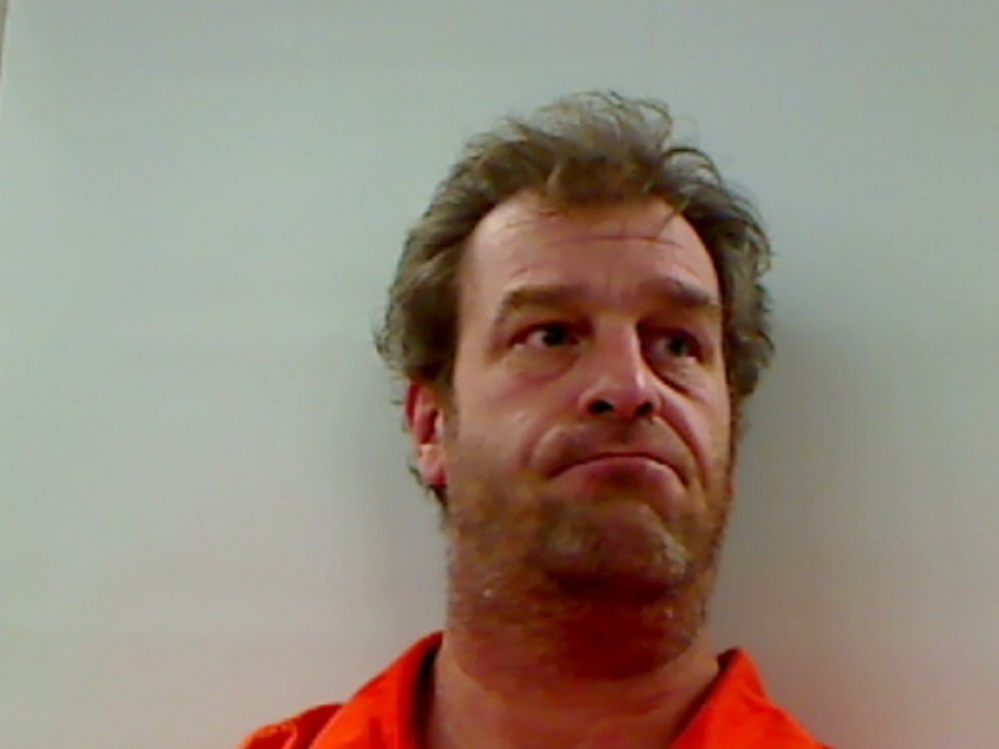An attorney for an Augusta man on Tuesday asked the Maine Supreme Judicial Court to throw out drug-trafficking convictions of his client in a case in which his home was used for drug trafficking by others.
Darrick Banda told the justices that Eric C. Anderson, now 45, was asleep on Feb. 20, 2015, upstairs in his home while illegal drug activity was taking place on the first floor, and that he should not be held responsible for it.
The state, through Assistant Attorney General Katie Sibley, said Anderson’s jury convictions a year ago for unlawful trafficking in both heroin and cocaine should be upheld.
The judge acquitted Anderson during the trial of two additional counts of unlawful trafficking in scheduled drugs relating to an incident on Feb. 11, 2015, also at his home.
The oral arguments in the Anderson case were the first of six appeals set to be heard Tuesday by the court in Portland. On Wednesday, oral arguments are scheduled to be heard in a special, one-day session at Marshwood High School in South Berwick.
The court issues rulings later in writing.
Banda said that illegal drug use, and particularly the flood of illegal drugs coming into Maine from out of state, is concerning to all.
“The court needs to be concerned about how far government is willing to go to prosecute,” Banda said, saying Anderson’s conviction has “far-reaching applications in constructive possession and accomplice liability.” Banda used an analogy of parents of an adult child who lives at the home, is an addict and who invites people over to engage in illegal drug activities there.
Banda said the Anderson case “opens up those type of homeowners to the same type of prosecution.”
He also argued that the actions at Anderson’s home on Feb. 11, 2015, don’t carry over to those on Feb. 20, when different people were involved.
Associate Justice Joseph Jabar said it appeared that Anderson knew about drug trafficking on Feb. 11, but during the police raid on Feb. 20, maintained “Geez, I don’t know what’s going on.” Sibley said she used information about events on the earlier date in her closing argument to jurors as “evidence of prior bad acts.”
Banda told the judges, “I argued they shouldn’t argue conduct of the 11th at all.”
Anderson did not testify at his trial and did not speak about the case during sentencing in December 2015.
Anderson was sentenced to four years in prison, with three of those years suspended and two years’ probation. He remains free pending appeal.
In a sentencing memo, Sibley wrote, “The state acknowledges that Anderson himself did not physically place illegal drugs into the hands of another person.”
Betty Adams — 621-5631
Twitter: @betadams
Send questions/comments to the editors.




Success. Please wait for the page to reload. If the page does not reload within 5 seconds, please refresh the page.
Enter your email and password to access comments.
Hi, to comment on stories you must . This profile is in addition to your subscription and website login.
Already have a commenting profile? .
Invalid username/password.
Please check your email to confirm and complete your registration.
Only subscribers are eligible to post comments. Please subscribe or login first for digital access. Here’s why.
Use the form below to reset your password. When you've submitted your account email, we will send an email with a reset code.